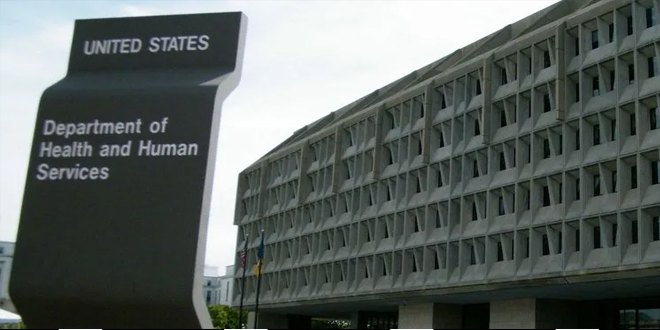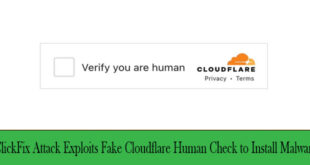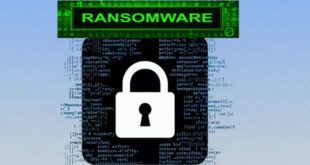Proposed new cybersecurity rules for healthcare institutions will focus on how they protect user data under HIPAA, as stated by a White House official.
Anne Neuberger, deputy national security adviser for cyber and emerging technology, told “The security rule [under HIPAA] was first published in 2003 and it was last revised in 2013, so this is the first update to this 20-year rule in over a decade, and it will require entities who maintain healthcare data to do things like encrypt that data so if attacked, it cannot be leaked on the web and endanger individuals,”.
The Department of Health and Human Services (HHS) will release a draft of the updated rules for public comment in the Federal Register, according to Neuberger.
Healthcare organizations must monitor their networks for threats and conduct compliance checks for new HIPAA rules, as stated by Neuberger. The White House estimates the implementation cost for the industry to be around $9 billion in the first year and $6 billion annually for the following four years.
“The cost of not acting is not only high, it also endangers critical infrastructure and patient safety, and it carries other harmful consequences,” she explained.
HIPAA, enacted in 1996, regulates the sharing of healthcare data among hospitals, insurers, and patients. Neuberger stated that the new rules would provide greater clarity and specificity regarding cybersecurity in HIPAA.
The White House has recently launched an initiative to address healthcare data breaches, which have surged over the past five years. Notably, 2024 experienced two major incidents: ransomware attacks on Change Healthcare and the Ascension hospital network.
Neuberger noted that the average cost of a healthcare breach in 2023 was $10.1 million, but companies like Ascension and Change Healthcare could face significant losses. UnitedHealth Group, the parent company of Change Healthcare, estimated that a February incident could cost over $850 million.
“Since 2019, large breaches caused by hacking and ransomware have increased 89% and 102% and I must say, in this job, one of the most concerning and really troubling things we deal with is hacking of hospitals, hacking of healthcare data,” she said.
“We see hospitals forced to operate manually. We see American sensitive healthcare data, sensitive mental health data, sensitive procedures, being leaked on the dark web with the opportunity to blackmail individuals with that.”
A year ago, HHS implemented cybersecurity rules for healthcare institutions involved in Medicare and Medicaid, linking federal payments to basic standards. They also suggested incorporating cybersecurity measures into HIPAA, including raising fines for HIPAA violations such as data breaches.
Congress supports the White House’s actions due to the ongoing hospital shutdowns from ransomware and the major impact of the Change Healthcare breach, which exposed the data of over 100 million people.
In February, HHS released a 122-page guide informing HIPAA-covered entities to start conducting cybersecurity risk assessments and management.
 InfoSecBulletin Cybersecurity for mankind
InfoSecBulletin Cybersecurity for mankind














